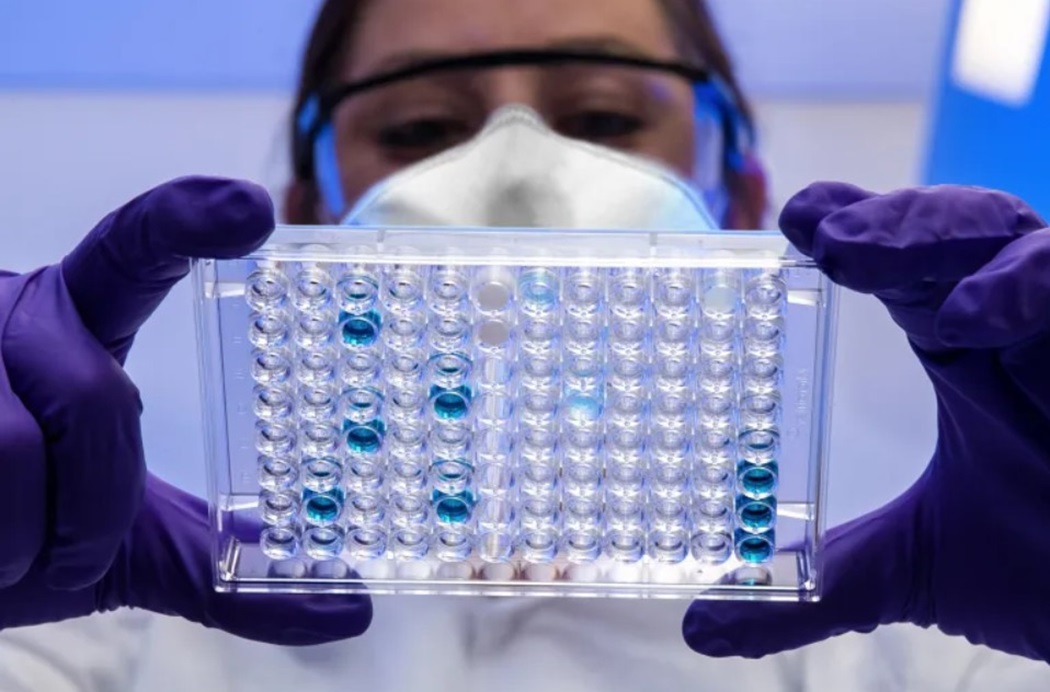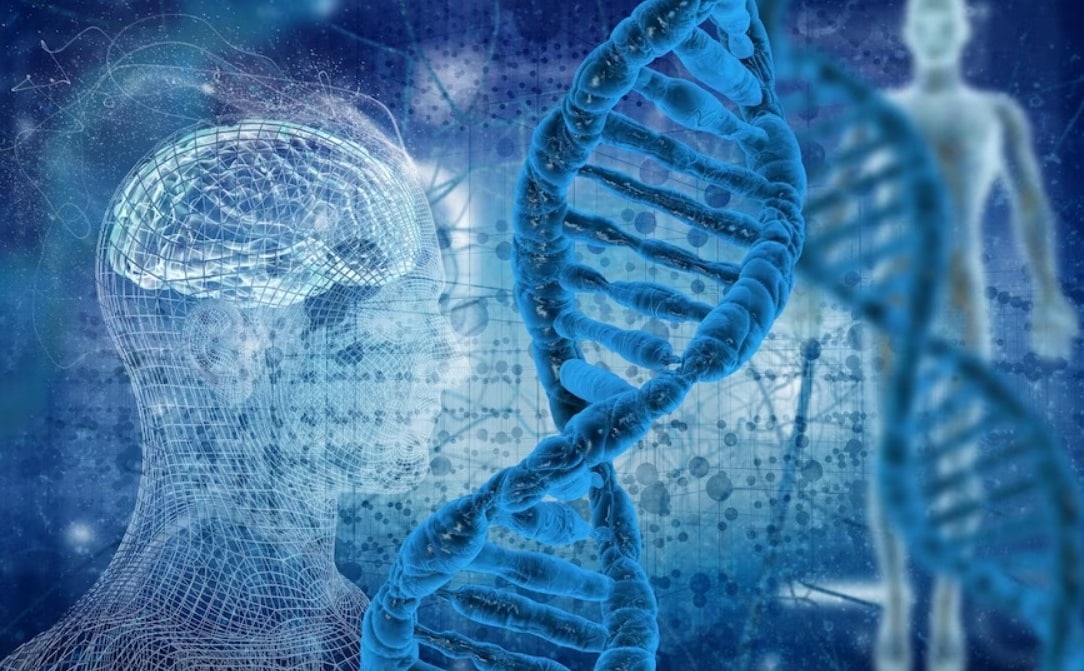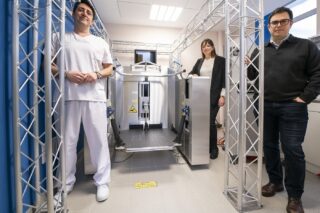Longevity and healthy lifespans were the focus of the third Future Health Summit, convened as part of the Arab Health 2024 in Dubai. The event saw pioneers and world-leading longevity researchers gather together to discuss groundbreaking advancements in the field of anti-aging and efforts to extend lifespans and healthspans.
An Age-Old Process
There is no single definition of aging. But most experts generally agree upon some common features: aging is a time-dependent process that sees the human body increasingly susceptible to disease, injury, and death. This process is both intrinsic, when our bodies cause new problems, and extrinsic when the world around us causes bodily harm and damage.
The aging process can manifest itself in many different ways. These include genomic instability, telomere shortening, mitochondrial dysfunction, cellular senescence, stem cell depletion and chronic inflammation.
As we grow older, we are more vulnerable to diseases such as Alzheimer’s and other dementias—which today affect 55 million people across the world—and cancer, which affects around 1 in 2 people past the age of 80. Aging also increases the risk of developing Parkinson’s, heart disease, muscle fragility, arthritis, tissue fibrosis, type 2 diabetes, obesity and many other conditions.
A Booming Industry
According to the UN’s World Population Prospects 2022 report, the percentage of the global population aged 65 and above is expected to reach 16% by 2050, up from 10% in 2022. On the back of this trend, the rapidly developing global anti-aging industry—which will be worth around US$610 billion in 2025 according to analysts at the Bank of America—is seeking to better understand, and ultimately delay and even reverse, the development of age-associated ailments.
Supported by billions of dollars in investment, biotechnology research on aging and longevity—intertwining complex facets of genetics, nutrition, exercise, and technology—is now booming.
Towards Proactive Healthcare
Siemens Healthineers was a platinum partner of the Future Health Summit. Dr. Rangarajan Sampath, who heads up the German medtech company’s Center for Innovation in Diagnostics in California, explained:
“It’s really exciting to see new evidence from long-term anti-aging research studies, which in some cases have taken place over multiple decades.
For example, which biomarkers are clinically significant in understanding a person’s healthspan and their risk of contracting a particular chronic disease.
As this biomarker data becomes more widely available, we’re transitioning from the point where medical tests are simply about the here and now—for example, whether or not a person currently has diabetes—towards more proactive healthcare solutions.”
Healthspan, Not Lifespan
Longevity science seeks not just to extend the number of years a person lives, but to enhance the quality of life in those additional years, emphasising healthspan over lifespan.
Dr. Mehmood Khan, CEO of the Riyadh-headquartered, global non-profit Hevolution Foundation, who gave a keynote presentation at the Future Health Summit, said:
“It’s all about extending healthy life, not just living longer.”

Hevolution provides grants and early-stage investments to incentivize independent research and entrepreneurship in the field of healthspan science. In his speech, Khan challenged the conventional approach to healthcare, pointing out that most life extensions in recent history come from public health initiatives, rather than medical technologies.
He underlined the importance of addressing the global divide in healthcare access and ramping up collaborative efforts to democratize health technologies that could help us live longer and healthier lives.
The Rise of Genomic Sequencing
One major factor that could contribute to extended healthspans is the growing number of people getting their genomes sequenced. Genomic medicine can revolutionize the healthcare of an individual with a rare disease or cancer by offering prompt and accurate diagnosis, risk stratification based on genotype and the capacity for personalized treatment.

With the cost of home genomic sequencing dropping sharply, as many as 1 in 4 people in the world could have their DNA mapped out by 2025. Dr. Rangarajan Sampath said:
“The COVID-19 pandemic changed the way people think about diagnostic testing forever.
We once gave little thought to getting bloodwork done at the doctor’s office or a collection location, but COVID testing opened the door to self-collection, testing in new locations, ordering one’s own bloodwork direct from a lab, and other non-traditional processes.
One unexpected plot twist has been the rise of social media influencers sparking interest in the concept of longevity. This exposure is driving the consumerisation of diagnostics and intensifying the focus on wellness and aging in many developed nations.
This is not only generating huge quantities of valuable data, but giving more and more people greater access to information and enabling them to take personal healthcare into their own hands.”
![[Arab Health] A New Age of Anti-Aging](/wp-content/uploads/sites/9/Anti-aging.jpg)










